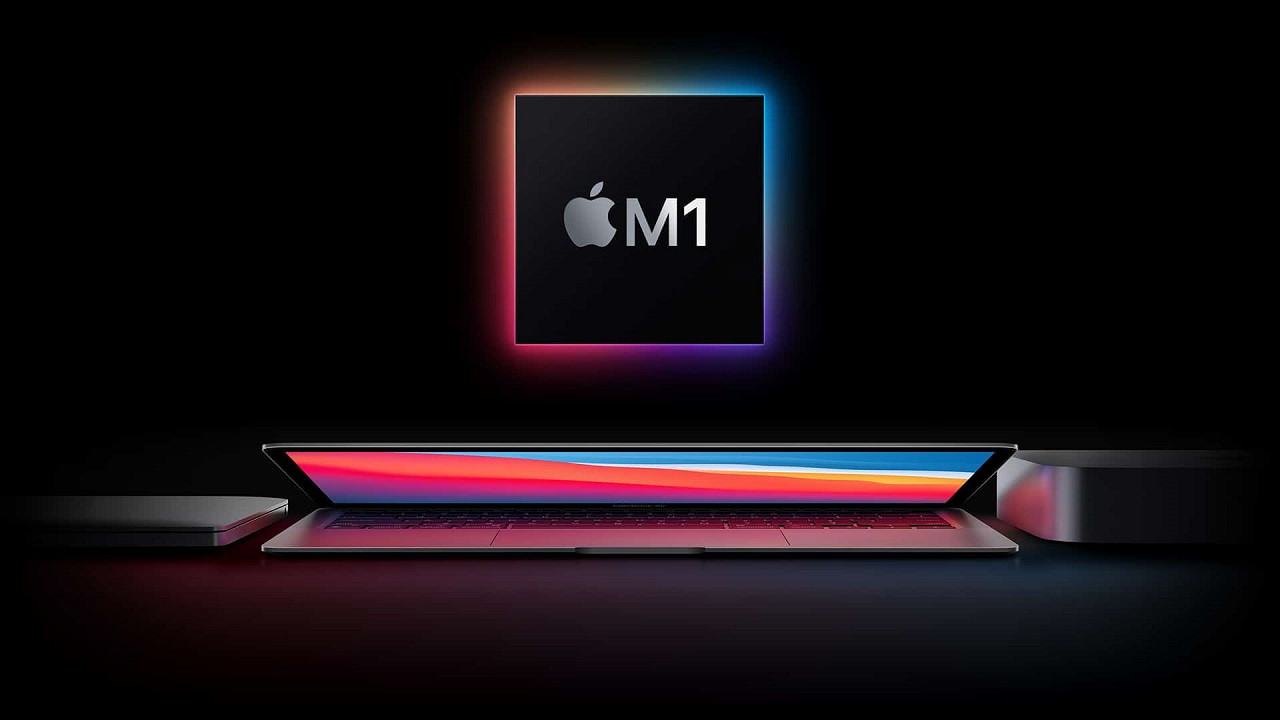Setting up the environment
Setup for iOS needs:
- @YaSi Did not face any issue running Android Studio on m1 Mac, I am able to download and run android studio, no forced stop of app face till now but sadly I only can code cannot run emulator:( The same goes for visual studio, it downloads and runs very smoothly –.
- Feb 17, 2021 MacBooks with M1 can run Android apps with this software: What you need to know. If you're in need of running Android apps on a significantly bigger screen, the latest update from mobile gaming.
- Three months with M1 Macbook Air as a mobile developer. Self taught flutter developer with more than 3 years of experience. Being a flutter developer almost for three years, I always had to use virtual machines on my windows laptop to test and run flutter applications on ios device. It was always a terrible experience.
- Node (with NVM)
- Watchman
brew install watchman - Xcode (install from the App Store)
- Xcode Command Line Tools
xcode-select --install - Accept the Software License for Xcode
sudo xcodebuild -license. It'll prompt you anyway when you run Xcode for the first time. - CocoaPods
sudo gem install cocoapods
Homebrew
Android Emulator for M1. Who would have thought that Android Emulators would be a headache!?!?!! Rosetta 2 is amazing, but when it comes to the default Android Emulator it falls over because it can not run Kernel extensions and doesn't support VMs that are doing x8664 virtualization.
Install Homebrew if you don't have it installed already

Node LTS with NVM
iOS
- Open Terminal / iTerm with Rosetta (Get Info > Open using Rosetta)
- Prefix the CocoaPods related commands with
arch -x86_64
Android
- Install JDK 8
brew install --cask adoptopenjdk/openjdk/adoptopenjdk8 - Install Android Studio
- Install Android Emulator for M1
The Android Emulator doesn't work out of the box yet. Luckily, there is a Preview build by Google that supports Apple Silicon M1 chip based MacBooks. You'll have to download and install it separately. Most things work.
Troubleshooting
command not foundforbrewornvm. Make sure you have a~/.zshrcfile. On a fresh new M1 MacBook, there is no~/.zshrcor~/.zprofilecreated and the$PATHdoesn't get updated because of it. Create a~/.zshrcfile and run the commands to install Homebrew and NVM again.
Add this to you Podfile
Two options:

- Run on a different port
react-native start --port=8088 - OR find out what program is using 8081
sudo lsof -i :8081and kill itkill -9 1234
incorrect architecture 'x86_64' errors
add this to the Podfile
run pod install afterwards